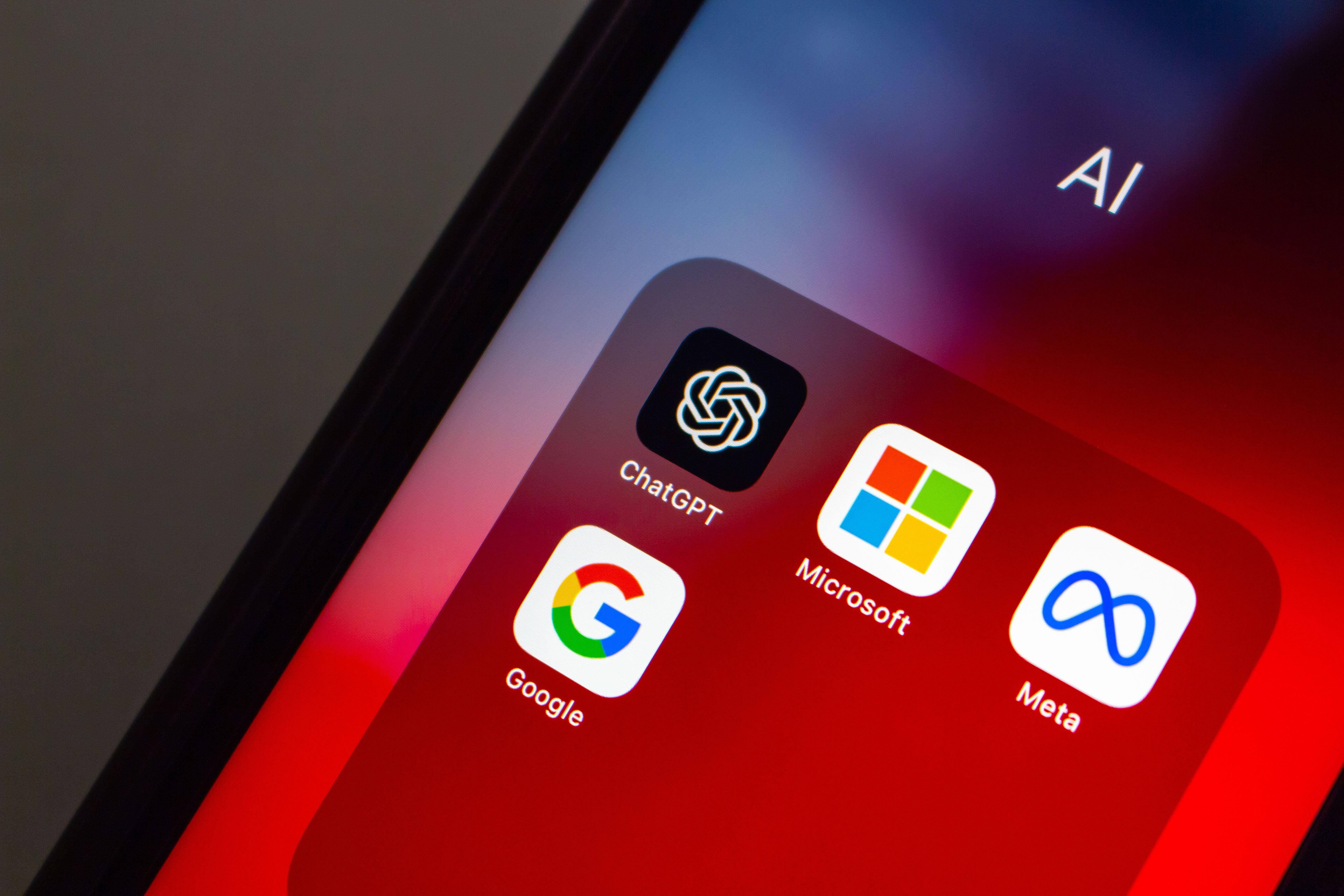At Enterprise Connect 2023 this past March, generative AI was all the rage. Seemingly every vendor on the exhibit floor had a generative AI product or demonstration, and the topic permeated throughout panels and keynotes. Generative AI developments are happening fast -- perhaps too fast for many. According to Ray Kurzweil’s “Law of Accelerating Returns,” the rate at which generative AI changes is likely to be exponential – which further suggests that its advances may well bring changes to the collaboration world faster than IT and business leaders can process them.
Leaving aside the discussion of positives and negatives of generative AI, here are six ways that I believe that generative AI will impact workplace collaboration in the near future.
Simplifying and quickening content creation
Prior to Enterprise Connect both Google and Microsoft announced generative AI-based features to enable automated content creation, as did Notion via its Notion AI offering. These features all offer the ability to shave hours off the time required to write documents, create presentations, and analyze data. It’s hard to understate the potential of these features, or the impact they will have on knowledge worker productivity as they reduce time required to create content from hours to minutes.
Summarizing and analyzing meetings
Another frequently discussed feature at Enterprise Connect was the use of generative AI as a virtual meeting assistant. This concept isn’t new. Companies like Otter.ai have long had apps on the market that can record meetings and create transcripts and summaries. But, thanks to generative AI, these capabilities are getting better and smarter. Before long it will be simple for a person to query a chatbot to find out what they missed in a meeting, what is pertinent to them, and, and what follow-up action items they have from a meeting. In my demo of Microsoft Copilot in Teams, I had the opportunity to see how Microsoft's implementation of generative AI did just that. Copilot was able to identify questions that I asked that were not resolved during the meeting and that required follow-up.
These capabilities raise significant data privacy questions that organizations must address. Today, meeting apps typically require participants to consent to being recorded. Companies must establish policies that govern generative AI-based data capture and analysis, as well. Enterprises must also understand how providers of the AI models are using and protecting data gathered by a generative AI meeting assistant.
Analytics
Email, chat, messaging, meetings, and other forms of workplace collaboration generate a lot of content. Through generative AI companies will be able to analyze this content, in real-time, to understand key trends in the organization. For example, C-level executives can easily view a word cloud, or AI-generated summary of key discussion topics in the company to take the pulse of operations.
Obviously, there are significant privacy, governance, and security implications with how data is made available to a generative AI machine, and companies will have to create policies for how data is collected and analyzed as well as any privacy limitations in effect. As noted above, they will need to understand how their software providers train with data, as well. Analytics may also allow companies to measure the engagement of remote employees to address challenges related to isolation and culture-building across in-office and home-based workers.
Performance management
AIOps, the use of AI to identify network faults and automatically mitigate them isn’t a new term. But bringing AI into the workplace collaboration space offers the ability for companies, as well as application and managed service providers, to drastically improve application performance by using AI to identify potential problems before they occur, and to isolate faults that impact application performance and business operations. For example, an AI engine monitoring application performance data could detect an issue causing echo and automatically adjust endpoint settings to eliminate the problem, all without user intervention or awareness.
Security
Workplace collaboration security threats are growing. The percentage of companies participating in Metrigy’s Workplace Collaboration: 2023-24 global research study who said they had experienced collaboration-related security incidents doubled from mid-2021 to late 2022. Example incidents include phishing and toll fraud attacks into contact centers as well as accessing unauthorized chat and meeting apps. Generative AI-powered solutions, with the ability to monitor communications across a variety of applications and channels, and trained to detect attacks or data loss signatures, will provide organizations with the ability to prevent data loss and mitigate threats of attacks as they occur.
Of course, it makes sense to ask a generative AI engine what it thinks the impact of generative AI will be on workplace collaboration. Here’s what ChatGPT said (summarized):
- Automate repetitive tasks such as scheduling meetings, organizing emails, and generating reports
- Enhance decision-making through data analysis
- Facilitate creativity by generating new ideas and solutions
- Improve communications through chatbots, virtual assistants, and real-time translation
- Enable remote collaboration via virtual meeting spaces and collaboration tools.
Interestingly, ChatGPT also noted in its response the need for responsible and ethical usage of generative AI.
We’re in the very early days of generative AI and its impact on workplace collaboration. IT and business leaders must dedicate time and resources to evaluating and implementing generative AI capabilities and features that deliver business value such as accelerating content creation and improving management and security. And they must also do so in a manner that meets (global) privacy requirements and safeguards their enterprise data. Doing so is likely to provide measurable productivity benefits, cost savings, and improved information security.
ABOUT METRIGY: Metrigy is an innovative research firm focusing on the rapidly changing areas of Unified Communications & Collaboration (UCC), digital workplace, digital transformation, and Customer Experience (CX)/contact center—along with several related technologies. Metrigy delivers strategic guidance and informative content, backed by primary research metrics and analysis, for technology providers and enterprise organizations.








